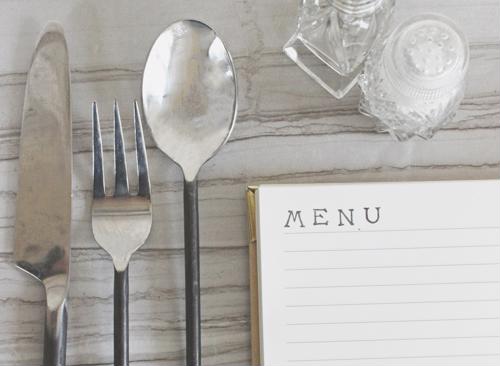Event planning can be a hectic and sometimes frenetically paced profession. It’s the nature of the business. After all, successful planners function as the strong, guiding hand that keeps every aspect of a given event running smoothly: from catering and seating arrangements to musical accompaniments and custom step and repeat backdrops.
Also, on some level, the challenges posed are invigorating to the most skillful practitioners of this trade. But at some point, a real surplus of stress is all but guaranteed to cause some serious problems for a planner on both a personal and professional level.
With this in mind, it’s well worth event planners’ time to consider steps they can take to limit the intrusion of stress into their daily routines during wedding season or any other busy time of the year for their business. Today, let’s take a look at a few essential tips and strategies:
Make detailed plans in advance
Predicting the precise outcome of future events is often a recipe for disappointment, mostly because it’s rarely possible. There will be some spontaneous happenings that throw you for a loop almost no matter what. However, you can minimize the likelihood of the unexpected by a considerable margin if you start planning the event as far in advance as possible, according to Eventbrite.
This extends to multiple aspects of the process: budgeting, choosing the venue and contracts with third-party vendors. Regarding the latter, it’s also important at this stage to ensure all contracts are fully detailed so future disputes don’t arise.
Simplify the menu
There’s a balancing act involved here, because you must accommodate tastes and dietary restrictions with your food offerings and can’t be too narrow. Nevertheless, Evite recommends keeping the menu fairly simple, using one or two adventurous choices and a few old standbys for the rest.
Apply a similar philosophy to the beverage selection, using the essentials – beer, wine, soft drinks, water, coffee – and maybe a craft cocktail or two. A quality caterer will help you figure all of this out in no time.
Finish setup early
Circling back to the matter of unpredictability, don’t forget that problems can surface just before an event’s scheduled start time. This possibility behooves planners to finish all setup tasks several hours before the party begins, according to Advantage.
Doing so affords you the opportunity to keep an eye out for last-minute crises and also project a cool, calm and collected exterior, so that your clients feel their faith in your abilities has been rewarded.
Don’t forget about self-care
It’s easy to become extremely wrapped up in all of the ins and outs of planning a wedding, corporate holiday party, charitable banquet or any other large-scale event. This sometimes can’t be avoided, but it doesn’t have to be a massive source of stress that impugns your physical and mental health.
Event Manager Blog suggests sticking to a healthy diet, finding time for exercise, getting plenty of sleep and implementing other basic but essential self-care strategies to mitigate the possibility of becoming burned out by the rigors of putting an event together.

